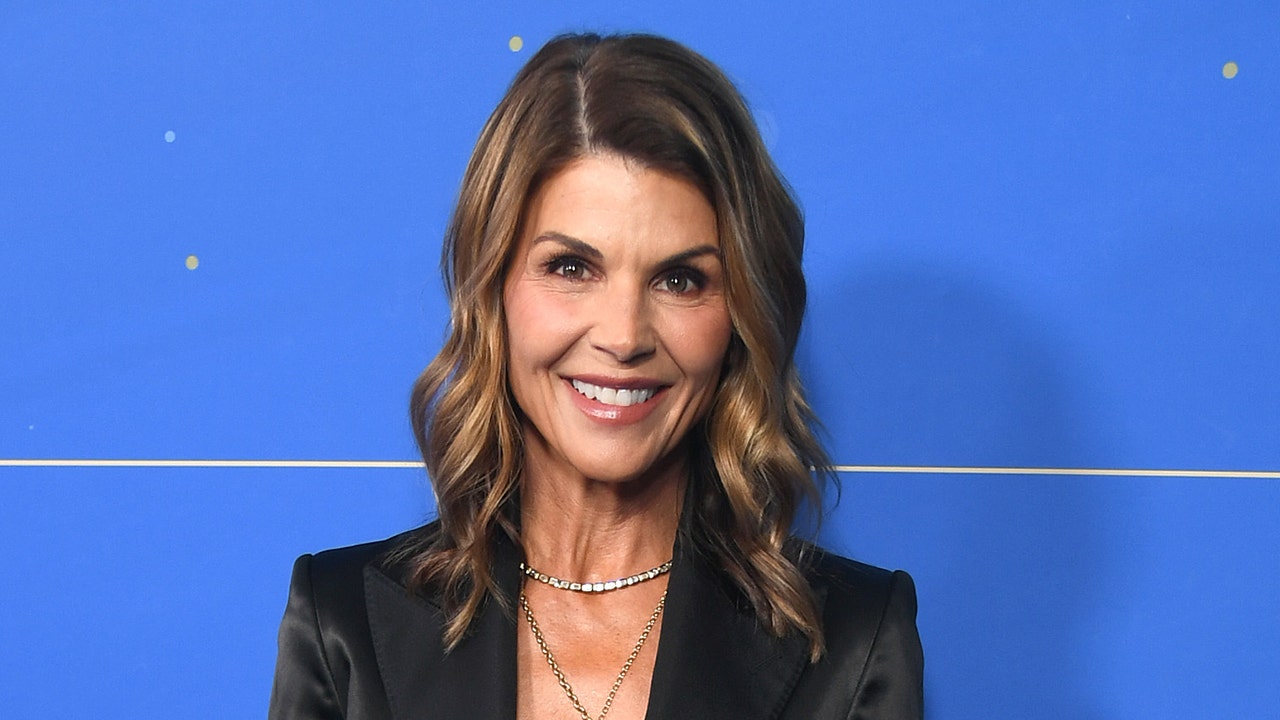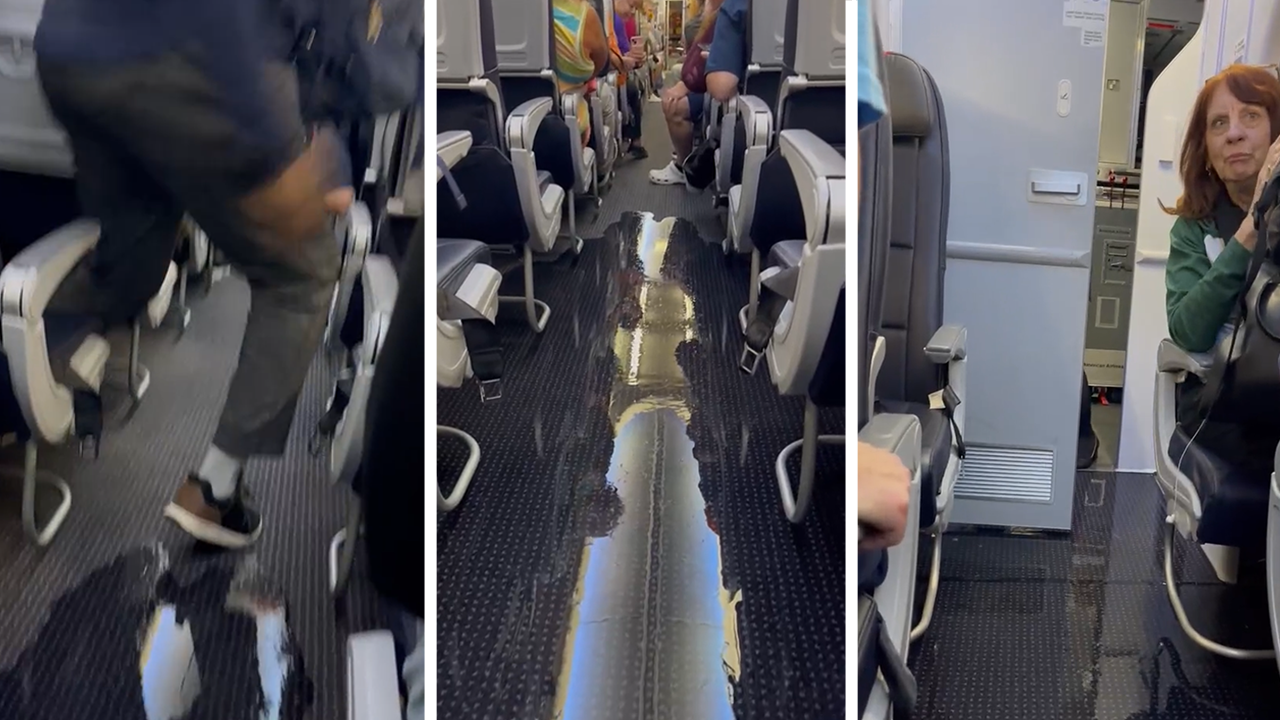“We are watching.” This clear assertion from lawmakers resonates deeply with Floridians who have long felt vulnerable in the face of soaring property insurance rates and denied claims. Soon after assuming the role as President of the Florida Senate, Ben Albritton, whose district encompasses portions of DeSoto County, made it abundantly clear that accountability would be demanded from insurance companies.
“I want to make sure that impacted Floridians and insurance companies hear me loudly and clearly,” he stated during his inaugural remarks. “We are watching.” Such words, firm yet reassuring, offer a flicker of hope in an industry plagued with uncertainty and rising costs.
FL Lawmakers Promise Accountability from Insurance Companies
Following the destructive path of Hurricane Ian, Florida’s legislature took significant strides to reform the property insurance landscape. They introduced measures aimed at stabilizing the market, including limiting the ability of consumers to sue their insurance providers and implementing transparency mandates for companies. These reforms are critical, and they serve as a recognition of the frustrations faced by residents across the state.
While Albritton did not lay out specific reforms during his address, he emphasized that lawmakers are indeed listening intently. “I’m not going to sit idly by if legitimate claims get denied while rates continue to rise,” he insisted. It seems he understands the delicate balance between corporate interests and the well-being of his constituents.
Earlier this year, in a surprising turn, several insurance companies announced decreases in rates—a welcome, albeit tentative, step forward. Nevertheless, it’s a cold comfort for many Floridians who, on average, still grapple with the highest premiums in the nation. The reality for many families is stark; a recent study suggests that nearly 30% of Floridians are concerned about their ability to afford housing while paying for insurance.
In the House, incoming speaker Danny Perez echoed this sentiment of accountability, expressing that the commitment to ensuring responsible practices within the insurance industry is at the forefront of their agenda. The chorus of voices is growing stronger—a collaborative effort that many hope will change the narrative.
Consumer advocate Doug Quinn, who leads the American Policyholder Association, addressed this newfound resolve with cautious optimism. “We are cautiously optimistic about the remarks that were made,” Quinn acknowledged. “We hope they are truly going to hold the insurance industry accountable. It’s long overdue in Florida.”
As these discussions unfold, local businesses, those ones weary from the relentless storm cycles of Florida’s climate, watch closely. They know that a stable insurance market is not just a personal concern—it’s paramount for economic health in their communities. Restaurants in places like Fort Myers and shops in Naples cannot thrive while uncertainty looms, especially in a state that proudly houses over 1,300 miles of coastline.
In quiet moments, when the air is heavy with humidity after an afternoon storm, those in Florida might reflect on the personal costs of insurance—beyond just numbers and policies. They think about family homes, cherished memories, and the wish for security. As lawmakers continue to promise vigilance, residents across the state hold their breath, hoping for real change amidst political assurances.




































